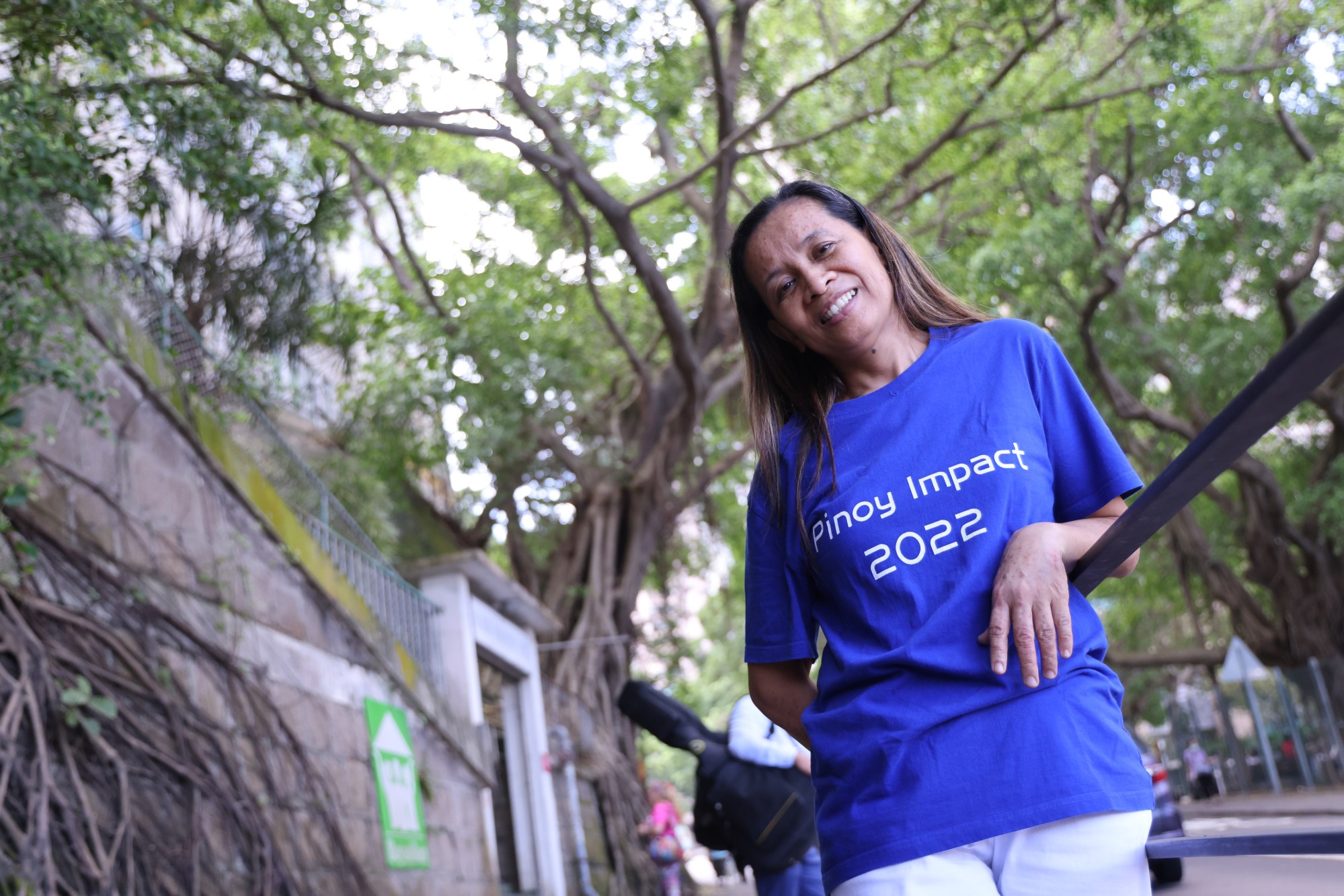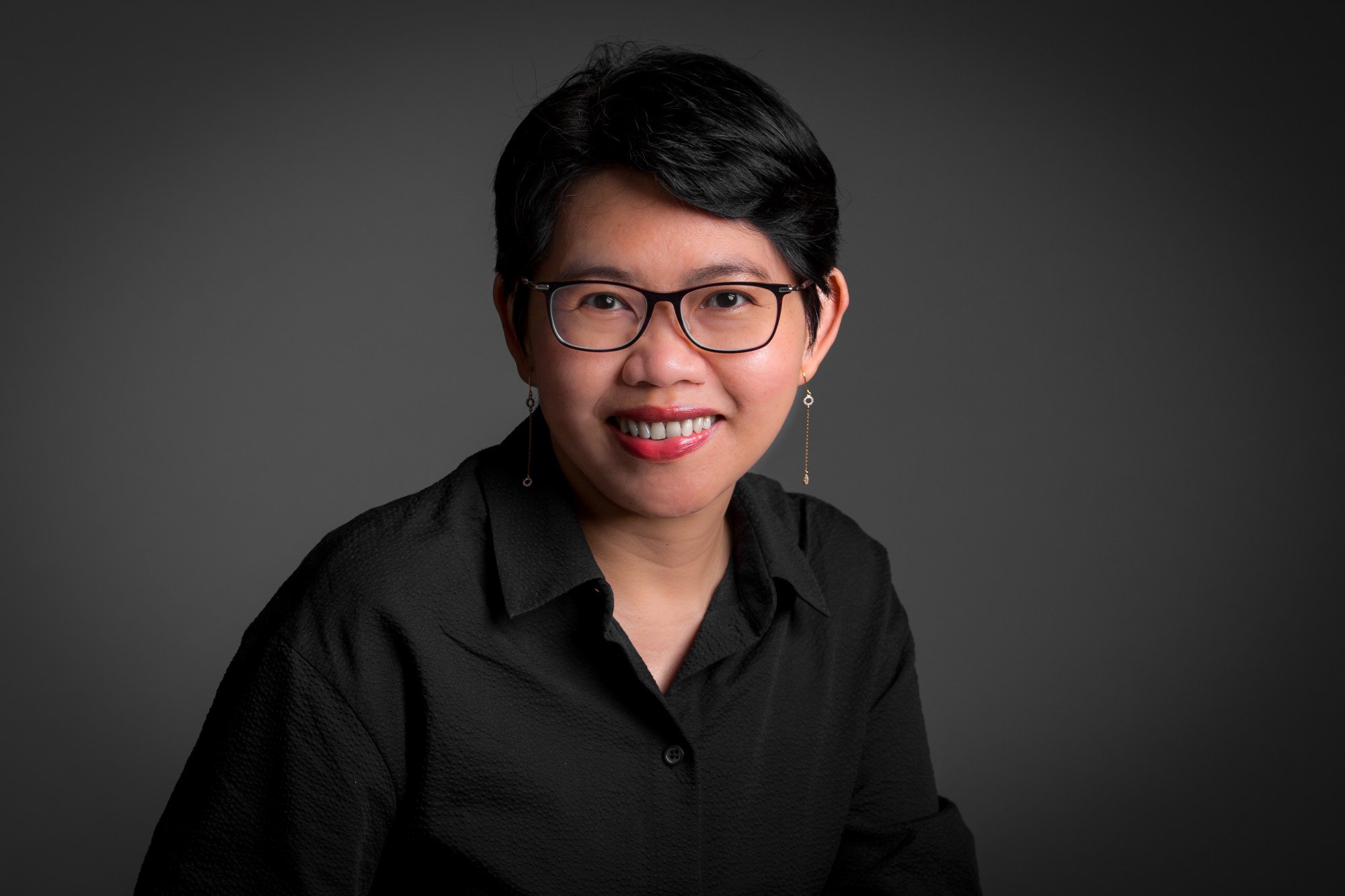
‘I felt so alone’: domestic workers in Hong Kong suffering mental health issues like depression can find support in MeHeal, a new, free counselling service
- On World Mental Health Day, October 10, Hong Kong charity Help for Domestic Workers will formally launch free counselling service MeHeal
- Catalina, a domestic worker who had early access to the service, says she felt really listened to, and learned breathing techniques and other coping skills
Imagine never getting to leave the office. It sounds grim. After a long day at work, many of us look forward to spending time with our loved ones or friends to unwind and relax. It is an essential part of managing stress levels and maintaining good mental health.
But for 400,000 workers in Hong Kong, this is a luxury out of their reach. They literally live at the “office”.
It is likely that you know someone in this situation. She – because 98.5 per cent of these workers are women – could well be living under your roof.
Hong Kong bosses should be flexible with caretakers, study says
This issue was brought to the forefront at the start of the pandemic.
“We had a lot of domestic workers saying there is a lot of awareness about the importance of mental health, but no service available for them,” says Manisha Wijesinghe, executive director of Help for Domestic Workers.

“Practically, it’s difficult for them to access,” says Wijesinghe. “Their day off is on Sunday, and the Hospital Authority services only run on weekdays. Plus, there is a stigma to it. They don’t want to tell their employer they have depression, especially when they are taking care of babies or elderly family members.”
Those who are not employed – who may, for example, still be in Hong Kong waiting for a legal case to be heard – do not have access to the public system.
In the migrant worker community, there is a lot of stigma around mental health. There is a thinking that if you ask for help you are weak
In response to the urgent demand for mental health support, Help for Domestic Workers soft-launched MeHeal in late 2020. This service offers free in-person or phone counselling by trained counsellors. Now in its third year, the service is being fully launched on October 10, World Mental Health Day.

“I felt so alone. I didn’t go out, I just wanted to lie down. I felt so weak and tired and wanted to sleep all day and night. I didn’t want to bathe,” says Catalina.
“One day, I realised I hadn’t eaten for a day and went to the fridge. It was empty. I left the flat and the security guard downstairs said I hadn’t been out for two weeks. That was when I realised I had to do something.”

She contacted her friend Rodelia Pedro Villar, a fellow domestic worker, who called Help for Domestic Workers and put her in touch with a counsellor.
“The counsellor spoke to me in my own language and understands my culture, which made it so much easier to open up,” says Catalina.
“She really listened to me and I felt that she understood what I was feeling. I had a session with her every week for two months and she texted me in between. Talking about things made me feel so much better.”
She grew up during a civil war. Now she fights for domestic workers’ rights
“Many of my friends don’t tell their problems to their family. We try to pretend that we are superhuman. But in reality, we are not.”
When one person becomes more comfortable speaking about their experiences, it encourages others to open up
Since November 2021, Heda Bayron has been volunteering as a counsellor with MeHeal. As a fellow Filipino, Bayron is able to communicate with clients in their mother tongue and understands the cultural nuances and stigma surrounding mental health issues in the Philippines.
“Within the domestic worker community, they really try to project that they are OK. They don’t want their families to worry. And they don’t want their employers to see them vulnerable because they fear they will lose their job,” says Bayron.
The stigma surrounding mental health in the Philippines is starting to shift as Filipino celebrities open up about their struggles on social media, she adds.
“When one person becomes more comfortable speaking about their experiences, it encourages others to open up. It is real lived experience.”

“We often don’t see domestic workers as people who also carry a lot of burden in their lives. Showing compassion and empathy in the employer-employee relationship, anything that will make them feel heard and felt makes a big difference,” Bayron says.
Coco Lee’s death highlights enduring stigma surrounding mental health issues
If you know someone who could benefit from these services, please direct them to helpfordomesticworkers.org, or suggest they call 2523 4020 or WhatsApp 5936 3780.

